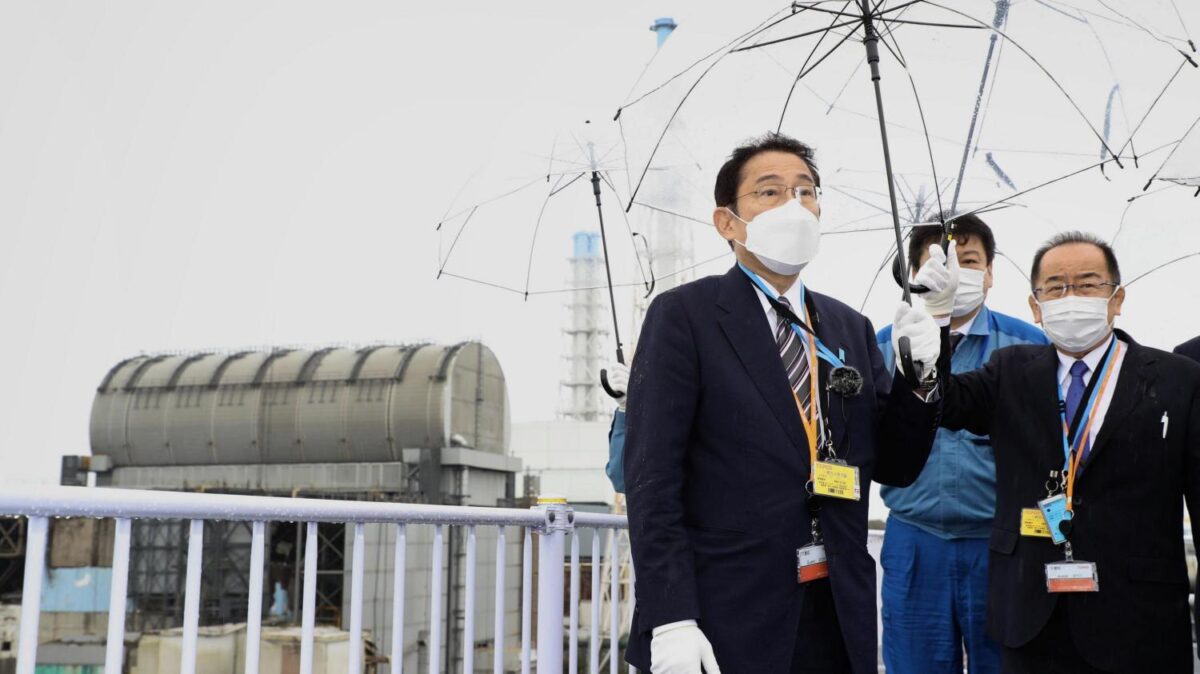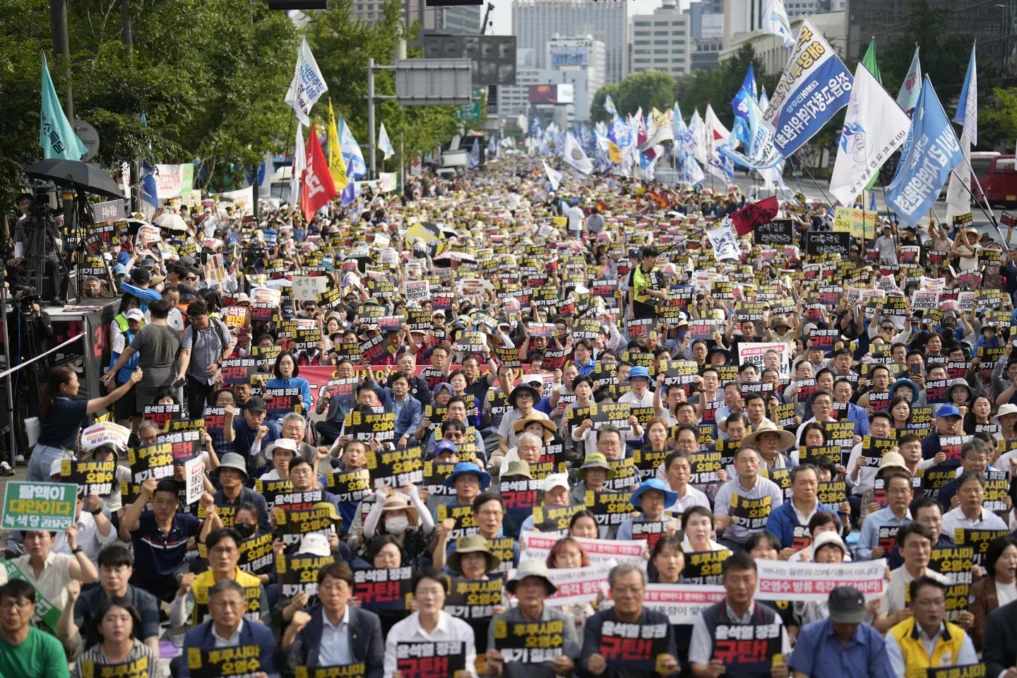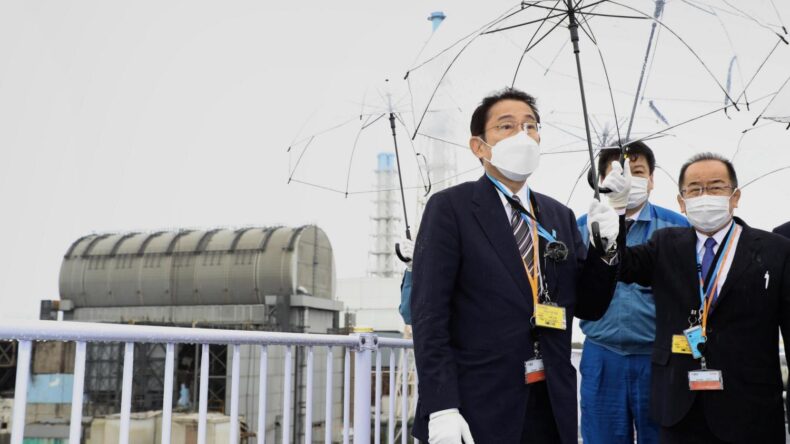A day after Japan’s Foreign Ministry issued a travel advisory against China, Prime Minister Fumio Kishida on Monday summoned Chinese ambassador, Wu Jianghao, to urge the Chinese to halt acts of harassment.

via. The Times
Reportedly, PM Kishida expressed grief over reports of crank calls and stone pelting at Japanese schools and diplomatic buildings in China.
The widespread harassment by the Chinese is a reaction to Japan’s decision to release treated wastewater accumulated since the Fukushima nuclear disaster.
It began in March 2011, when a gigantic Tsunami, caused by the most powerful earthquake ever recorded in Japan, wiped at least 5 towns off the Japanese island Honshu and killed over 18,000. When the waves surged over the nuclear power plant in Fukushima, it flooded and damaged the reactor tanks, resulting in a catastrophe meltdown.
In a clarification statement, the Japanese government said the wastewater release is part of the power plant’s cleanup drive to free up 1000 tanks, occupied by 134 million tons of treated water, for eventual decommissioning. It also added that the wastewater is appropriately treated and tested before release.
The release of the wastewater in the Pacific Ocean, which began on Thursday, angered China, which also shares the ocean’s coastline.
Relentless crank calls, mostly in Chinese language, have become traumatic for government officials and citizens.
PM Kimida said that it was “ regrettable” that Japanese citizens had to face mistreatment in China.
All-Round Backlash
Japan’s neighboring countries, including China and South Korea, have opposed the discharge of the treated water waste in the ocean.
In a notice issued last Thursday, China decided to ban seafood from Japan, affecting all imports of “aquatic products” including seafood. The Chinese authorities explained the move as “regulatory measures” aimed to prevent the risks of nuclear-contaminated waste water to the health and food safety of the country.
Meanwhile, PM Kishida reassured fisheries and seafood traders on Monday to introduce new support measures to protect Japan’s fisheries industry from the impact of China’s import ban.
Japanese fishing groups and seafood traders have also slammed the government for jeopardizing their livelihood as they endure to regain public confidence since the 2011 disaster.
Per Japanese broadcaster NHK, Fukushima government officials are receiving thousands of crank calls from China allegedly yelling “stupid” for discharging the waste water in the ocean.
In South Korea, people are demonstrating anger on streets over the water discharge with banners and placards.

Protest in South Korea via. Associated Press
Fight against reputational damage
The wastewater discharge has agonized Japanese fishing groups as they fear a reputational blow to the already dented reputation of Japanese seafood. The groups are grappling with loss of public confidence since the disaster.
To help with damage control, Economy and Industry Minister Yasutoshi Nishimura on Monday visited Fukushima. Reportedly, he sampled locally caught surf to test nuclear contamination of the ocean water.
He later confirmed that all seawater and fish sampling data have been way below set safety limits since the discharge.
Nishumura added that he hopes to promote the Fukushima seafood delicacy in and outside of Japan.
Emphasizing strategies to limit reputational damage, he said that “transparency in disclosing all data” was the key, and added that it was the “best way to fight reputational damage”.













